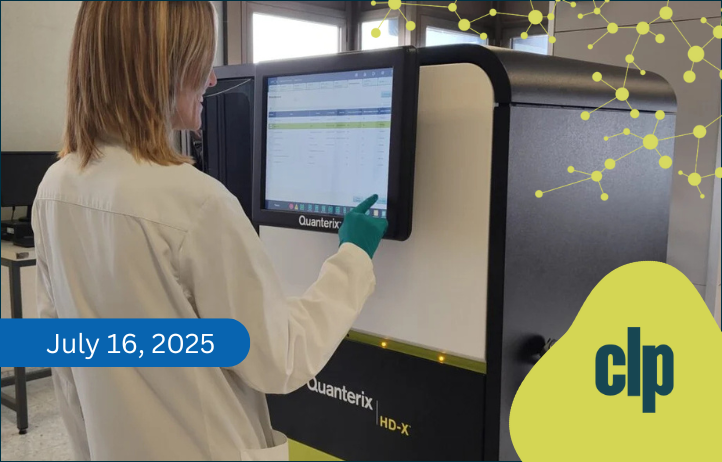Nearly 500,000 Americans will receive a diagnosis of Alzheimer’s in 2025, according to the Alzheimer’s Association, adding to the more than 7 million people in the U.S. aged 65 and older who are already living with Alzheimer’s disease. That number is expected to double by 2050.
Even with these seemingly high numbers dementia is often underdiagnosed. Underdiagnosis occurs mainly in the early stages of dementia, and a recent study estimates that only 8% of older Americans living with mild cognitive impairment (MCI) receive a diagnosis.
Two proteins, amyloid and tau, are hallmarks of Alzheimer’s. As these proteins accumulate in neurofibrillary tangles and form plaque in the brain, they disrupt signals from neurons to different parts of the brain, causing cognitive decline. Michael Racke, MD, medical director for neurology at Quest Diagnostics, says that as recently as the 1980s, the telltale plaques and tangles of Alzheimer’s could only be detected postmortem, and since there was no treatment, diagnosing the disease wasn’t as critical at the time. Now, tests can detect the disease while the patient is alive, offering a chance at diagnosis and treatment.
